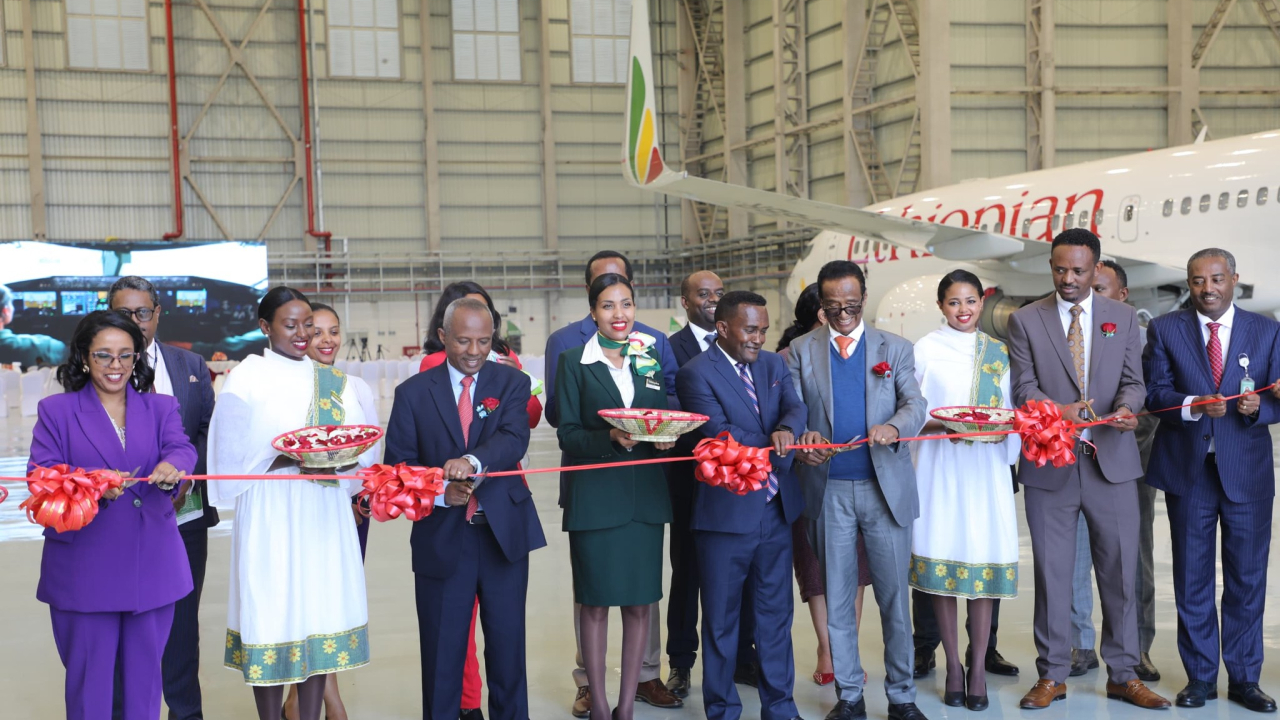Building a continent’s competence
The African Federation of Non-Destructive Testing (AFNDT) takes a leading role in the expansion of NDT competence on the continent, mainly through training and certification.

The federation – one of the four regional bodies affiliated to the global trade organisation the International Committee for NDT (ICNDT) – counts the national organisations of at least 13 African countries among its members.
AFNDT spokesman, Harold Jansen, current president of the Non-Destructive Testing Institute of South Africa (SAINT) and systems and quality manager of the Southern African Institute of Welding (SAIW), said the size of domestic markets is holding back the development of many members.
He said the smaller NDT communities “find it difficult to even sustain one industrial sector”, making expansion of NDT capabilities in Africa “even more challenging”.
Partnering with international companies working in Africa is a possible solution to expanding the NDT community. “Since NDT is regarded as a scarce skill, knowledge transfer in South Africa and Africa is critical to enhancing a particularly underdeveloped set of skills,” he said.
The key to improving the competence of NDT personnel, he added, was a professional designation that incorporated training, qualification and certification to a recognised standard. Regional and international harmonisation of training, examination and certification, was among objectives of the AFNDT.
Former SAIW executive director, Sean Blake, told a forum in Vienna that the growth of NDT in Africa faced several challenges. These included political and financial instability, the lack of a formal NDT infrastructure or industry, logistics (travel, language, safety of personnel), staff turnover and limited resources for training and examination.
Developing an African qualification and certification scheme, he said, would minimise the need for expatriate labour and skills but would require regional harmonisation, mutual recognition and high-quality training, especially in advanced techniques. There, help from developed nations would be welcome.
Stay up to date
Subscribe to the free Times Aerospace newsletter and receive the latest content every week. We'll never share your email address.

